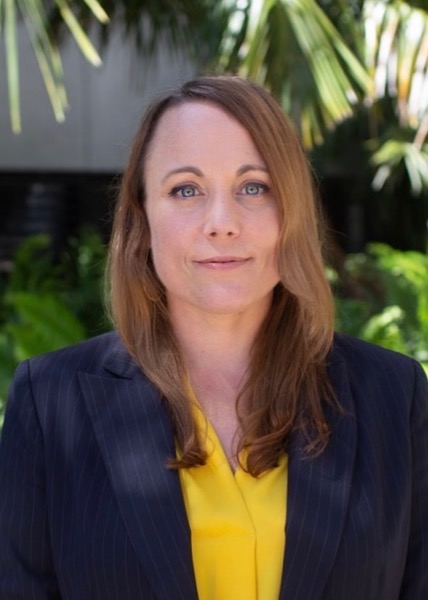
Sandy Skelaney is Program Director of the Initiative for Gender Violence Prevention in FIU’s Center for Women’s and Gender Studies. Sandy builds community partnerships and trains the next generation of changemakers in her global learning course, “Sex Trafficking: Building Solutions.” If you are teaching a course that focuses on a pervasive social issue and you want to promote hands-on solution making, this episode is for you. Sandy lays out step by step how you can move students from awareness to deep empathy, true collaboration, and innovative problem solving and engagement. A compelling educator and public speaker, Sandy has presented to over 15,000 people in venues varying from prisons to TED Talks, and she consults with US organizations launching and scaling victim-service, public policy, and advocacy initiatives. In 2007, Sandy spearheaded Florida's first coordinated multi-disciplinary response to domestic minor sex trafficking, Project GOLD in Kristi House. This led to the transformation of protocols in dozens of agencies, passage of the Florida Safe Harbor Act, and the opening of a drop-in center that provides mental health services for hundreds of trafficked children in Miami. Sandy’s honors include the prestigious “Women Who Make a Difference” Award from the Junior League of Miami. She holds a BA in Political Science and Women’s Studies from CUNY Hunter and an MA in International Relations from Yale University.
Resources Mentioned
- Collaborating Against Human Trafficking: Cross-sector Challenges and Practices, by Kristen Foot
- An Introduction to Design Thinking
- Thrive Clinic
- Beautiful.ai
- StartUp FIU
- Radical Partners
- International Rescue Committee
- Florencia Dominguez’ global learning story
- Heart Initiative
- Center for Social Change
- City Year
- iChangeFIU Social Innovation Challenge
- AshokaU Changemaker Campus
Great Quotes
“Even on a very personal level, engagement is so important. It's about just being able to look at somebody that you wouldn't normally connect with or talk to and actually be present with them in that moment and understand and empathize with what they are going through.”
(On victim service) “If you're going to help them get out, then you need to also be able to help them replenish that sense of belonging in a healthy community, and to do it you have to be present with them. There's no way around that. You have to be 100% walking in their shoes, empathizing with their situation, able to make that connection through engagement.”
(On the chaos and complexity of collaboration and changemaking) “You need to see the muck first before you can see the clear water. There's that little activity that you can do when you're meditating. It's like you have a jar with mud in it and water. And usually we go about our day shaking that jar, so we can't see through the water because it's all shook up and it's just a bunch of chaos…And we are just reacting all the time because we don't see what's really there. So if you just actually allow it to sit, you'll see the mud will settle to the bottom and the water will be clear and you'll be able to see clearly. You'll be able to see through it.”